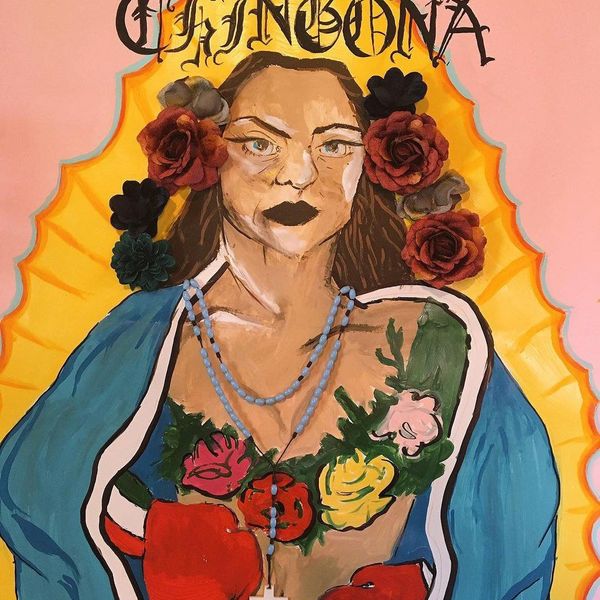In 2010, former Governor Jan Brewer of Arizona signed into law House Bill 2281.
The bill states that all charter schools or school districts in the state of Arizona are under no circumstance allowed to include the following in their curriculum: subject matter that promotes the overthrow of the Federal government, subject matter that promotes the resentment towards a race or class of people, subject matter designed primarily for pupils of a particular ethnic group, and/or subject matter that advocates for ethnic solidarity rather than the promotion of pupils as individuals. If a school district or charter school violates this law they are subject to a ten percent reduction of state funding.
So why does this matter? One word: censorship. In 2012, the Tucson school district, specifically Superintendent Tim Horne, took this law as reasoning to ban ALL Mexican American Studies in K-12 classrooms. This meant numerous books were outlawed, like Shakespeare’s The Tempest, and Bill Bigelow’s Rethinking Columbus: The Next 500 Years. It also meant that the importance of Mexican-American history and culture was no longer deemed relevant. Hispanics make up 61.3% of the Tucson school district (most of which are primarily Mexican American). Tucson doesn’t sit very far from the Mexican border, and there are roughly over 200,000 Hispanics living in Tucson. With a demographic that large, shouldn’t these students have a right to learn about how their two cultures interconnect?
When the ban went into effect, many people were upset by such a drastic and marginalizing ban, which resulted in a huge walk-out of hundreds of students. The walk out ended at the offices of the Tucson School District. One representative from the district spoke to the crowd of hundreds of protesters, and exclaimed that they could “go to Mexico” if they wanted to study Mexican history. Throughout the following months, the school board and the students against the ban conflicted continuously. Racist rhetoric was rampant, and many believed the ban helped to expose the underlying discrimination present not only within the education system, but within the government as a well. As a result of all the backlash, the Tucson school district attempted to make a resolution and created a required course that encompasses diversity and multiculturalism (the overall ban is still in place).
Though this law and the backlash from it occurred almost four years ago, it serves as an example of xenophobic and racist censorship of a heritage that is integral to American culture. How can America be considered a “melting pot of cultures” if we are only able to celebrate one culture, white culture? There is a way to teach Mexican American studies without promoting the overthrow of the government or the resentment towards a race of people. Besides that, even if learning about the atrocities committed against indigenous peoples did create some resentment, shouldn’t the United States still acknowledge that these actions occurred as a measure to prevent such actions from occurring again? Currently, the subject of racial equality is incredibly prominent within the political sphere. With tensions rising and certain minority groups feeling ostracized (Hispanics included), it is important to recognize how much these groups have contributed to the cultural make up of our country, and how important it is to have multiple perspectives when evaluating the history of our country. As Cesar Chavez once said, "Preservation of one's own culture does not require contempt or disrespect for other cultures."
If you’re looking for a laugh and also a better understanding of HB 2281 check out this clip from the Daily Show.





















